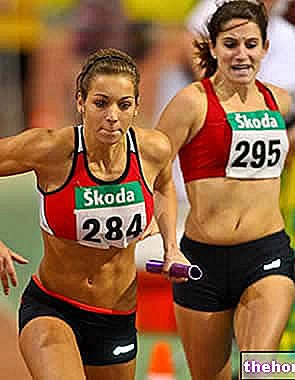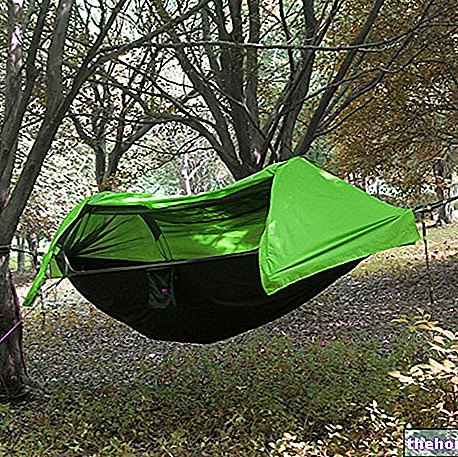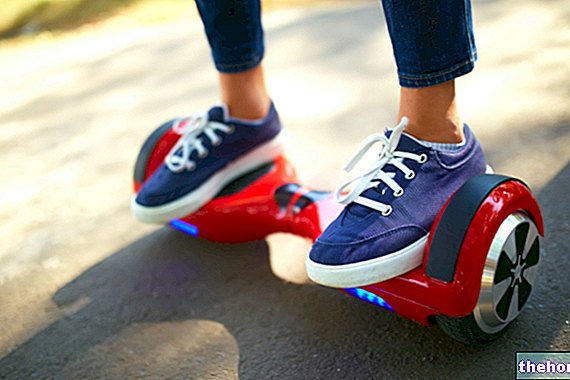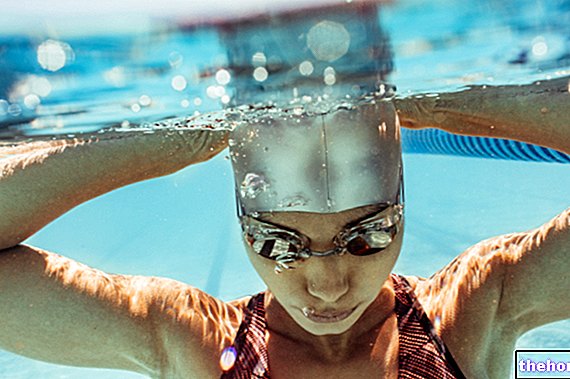Edited by Dr. Gianfranco De Angelis
There are many scientific studies that show that physical activity has a very effective antidepressant effect, to the point of being able to consider it a real antidepressant drug. This action is very evident in "neurotic" depressions from which none of us are completely free. For psychotic depressions, things change, as they are very serious illnesses for which the work of the specialist is required.
So let's go back to our discussion: physical activity acts as an antidepressant, strengthens self-esteem, relaxes and cancels the effects of stress: it is the best antidote for psychosomatic illnesses.





























